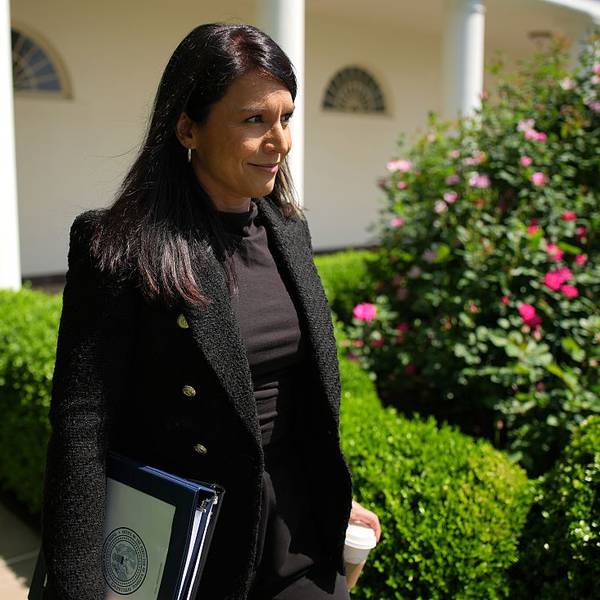Two years of imprisonment have given me ample time to reflect on the circumstances in which I find myself today. I often retrace my steps, carefully recalling each conversation I had and action I took that landed me in this prison. However, in the two years that I have served, my position has never wavered. I know who I am, and I know what my values are. My name is Jeffrey Alexander Sterling, and I am an innocent man who has been wrongfully convicted of espionage after dedicating my life to serving the U.S. government.
I have always been a fighter. I fought to graduate college, and was the first in my family to do so. I fought to obtain my advanced law degree from Washington University School of Law. And when I joined the Central Intelligence Agency (CIA) in 1993, I fought for racial equality when I was discriminated against based on the color of my skin. After living my entire life leading by example, the U.S. government decided to make an example of me.
Two years ago this June, I was convicted of espionage against the U.S. government for being in communication with a reporter. The CIA accused me of offering New York Times journalist James Risen classified national defense information regarding Operation Merlin, a top-secret operation that targeted Iran's nuclear program, which Risen later described in his book "State of War."
Though I have persistently maintained that I never disclosed any classified information to Risen and was only in touch with him regarding my discrimination case against the CIA, I was nonetheless convicted of espionage based solely on metadata from phone calls and emails we had exchanged. Despite the lack of any direct evidence proving I was the source for Risen's book, I am now serving the second year of my three-and-a-half-year prison sentence.
During my time working for the CIA, I felt compelled to report my concerns about Operation Merlin to the Senate Select Committee on Intelligence, as I believed the operation would compromise the safety of the American people and our troops who were being sent to war in Iraq. By approaching this committee, I followed legal protocol. For this I was labeled a whistleblower.
My successful prosecution was a manifestation of President George W. Bush's desire to control information and limit transparency. President Barack Obama eventually continued this legacy through his prosecution of more whistleblowers than every previous administration combined. My case serves as a warning that basic communication between journalists and government employees, no matter the subject, could be treated as espionage.
President Donald Trump has made clear in the first few months of his presidency that he believes whistleblowers and journalists should be prosecuted for leaking or publishing classified information, continuing what his predecessors started. Based on his anti-leak and anti-press rhetoric, I am deeply concerned for what could come next. If I was dealt this harsh punishment based solely on circumstantial evidence, what will be the fate of whistleblowers who feel it is their duty to bring attention to unjust governmental practices?
My imprisonment was an injustice to me and my wife, Holly. I would not wish this on anyone who has found the courage to do what is right. A safe and protected channel must be created for whistleblowers to bring attention to malpractice within their organizations. Until that time comes, it will be difficult to have a fully transparent government that is accountable to its citizens.




